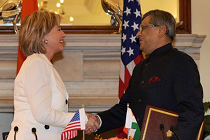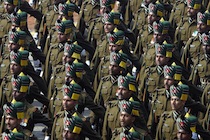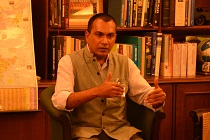Should India emulate China in space?
China has affirmed its status as one of the world’s leading space powers by sending three astronauts into space this week. Should India – which has one of the world’s six major space programs – take efforts to imitate its neighbour? Can it develop such capabilities? At what cost though, and for what benefit?









